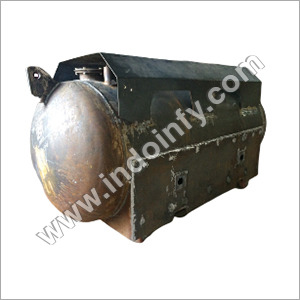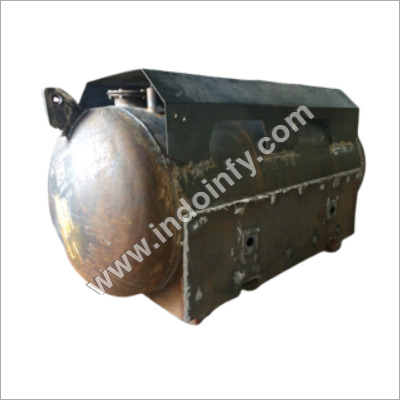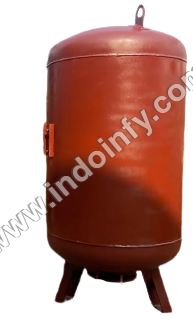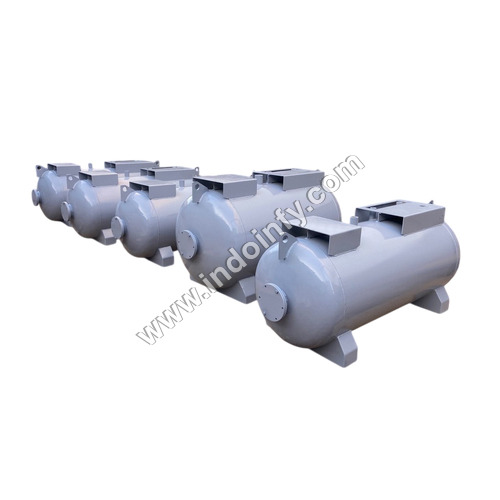
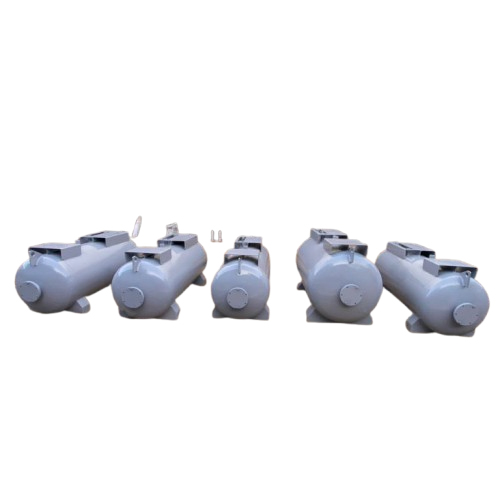
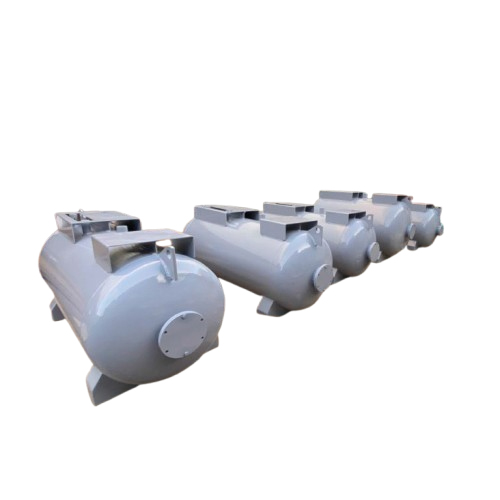
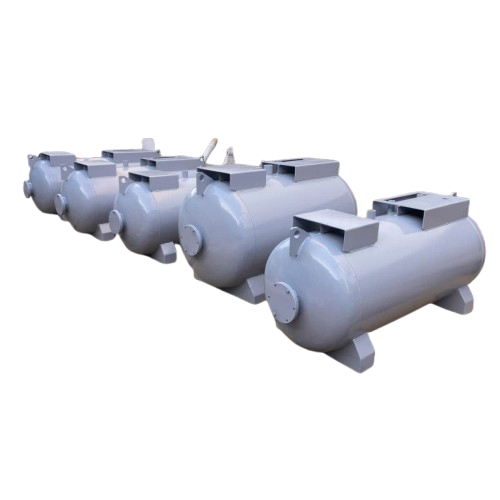
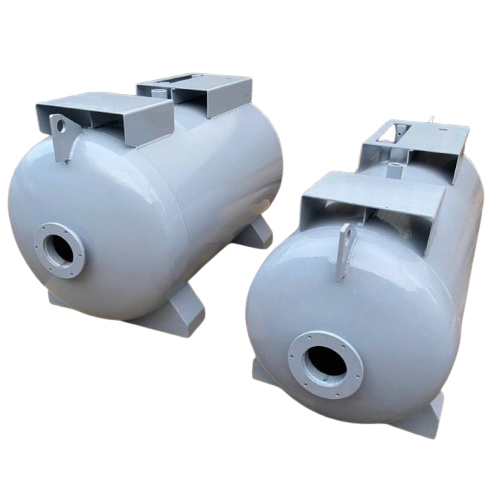
Vacuum Tanks
37750.0 INR/Unit
Product Details:
X
Vacuum Tanks Price And Quantity
- 1 Unit
- 37750.0 INR/Unit
Vacuum Tanks Trade Information
- Cash Advance (CA) Cash in Advance (CID) Cheque Telegraphic Transfer (T/T) Western Union
- North India
Product Description
An air receiver, also known as a compressed air tank or air storage tank, is a type of pressure vessel designed to store compressed air for industrial, commercial, and residential applications.
Key Components:
1. Tank Body: A cylindrical or spherical vessel made of a durable material (e.g., steel, stainless steel, or aluminum) to contain the compressed air.
2. Valves and Fittings: Inlet and outlet valves, pressure gauges, and other fittings that control the flow of compressed air into and out of the tank.
3. Safety Devices: Pressure relief valves, safety valves, and other devices that prevent over-pressurization and ensure safe operation.
4. Mounting and Supports: Structural components that secure the tank in place and provide stability.
Operating Principles:
1. Compressed Air Storage: The air receiver stores compressed air generated by an air compressor or other air source.
2. Pressure Regulation: The tank helps regulate air pressure by storing excess air and releasing it as needed.
3. Air Supply: The air receiver supplies compressed air to pneumatic tools, equipment, and systems.
Applications:
1. Industrial Automation: Air receivers are used in manufacturing, processing, and packaging applications.
2. Construction and Mining: Compressed air is used to power tools, equipment, and machinery.
3. Food and Beverage Processing: Air receivers are used in food processing, packaging, and bottling applications.
4. Healthcare and Medical: Compressed air is used in medical equipment, hospitals, and healthcare facilities.
Benefits:
1. Improved Air Quality: Air receivers help regulate air pressure and flow, ensuring a consistent air supply.
2. Increased Efficiency: By storing compressed air, air receivers reduce the load on air compressors and improve overall system efficiency.
3. Reduced Energy Consumption: Air receivers help reduce energy consumption by minimizing the need for continuous air compression.
4. Enhanced Safety: Air receivers are designed with safety features that prevent over-pressurization and ensure safe operation.
PRICE RANGE: Rs. 50,000 - Rs. 5,00,000
Tell us about your requirement

Price:
Quantity
Select Unit
- 50
- 100
- 200
- 250
- 500
- 1000+
Additional detail
Mobile number
Email







